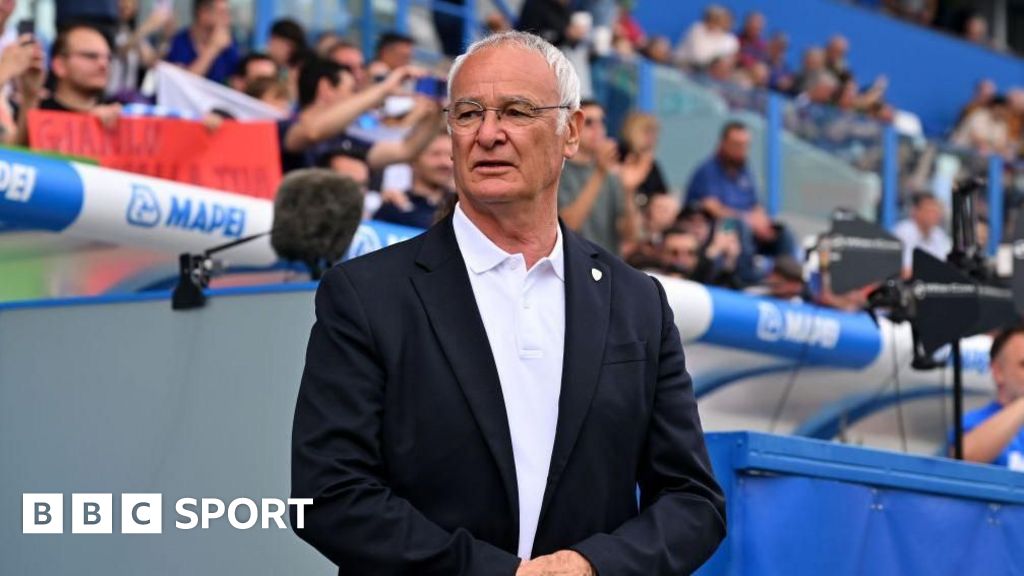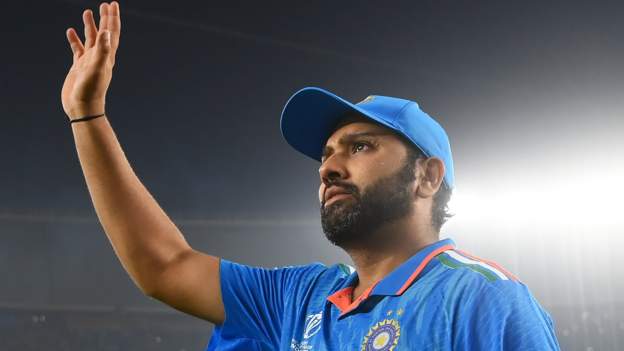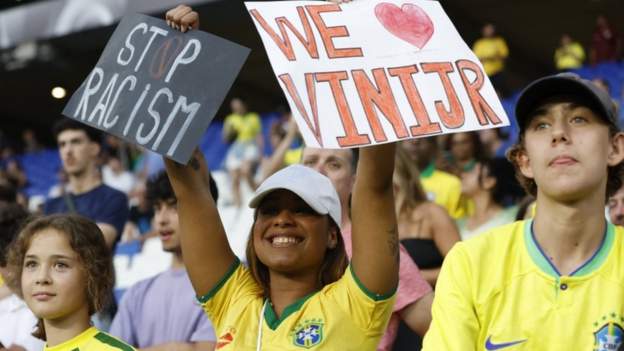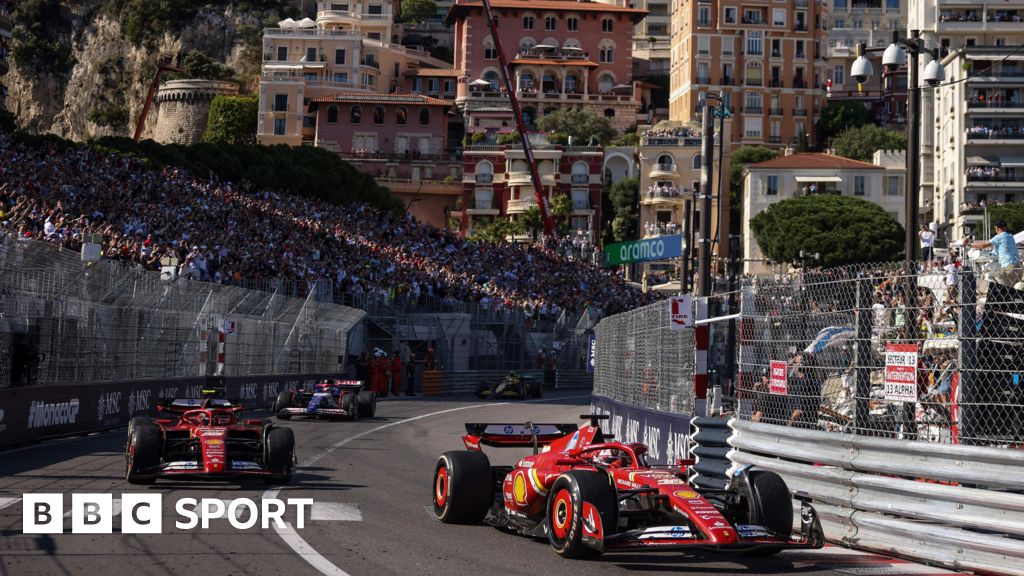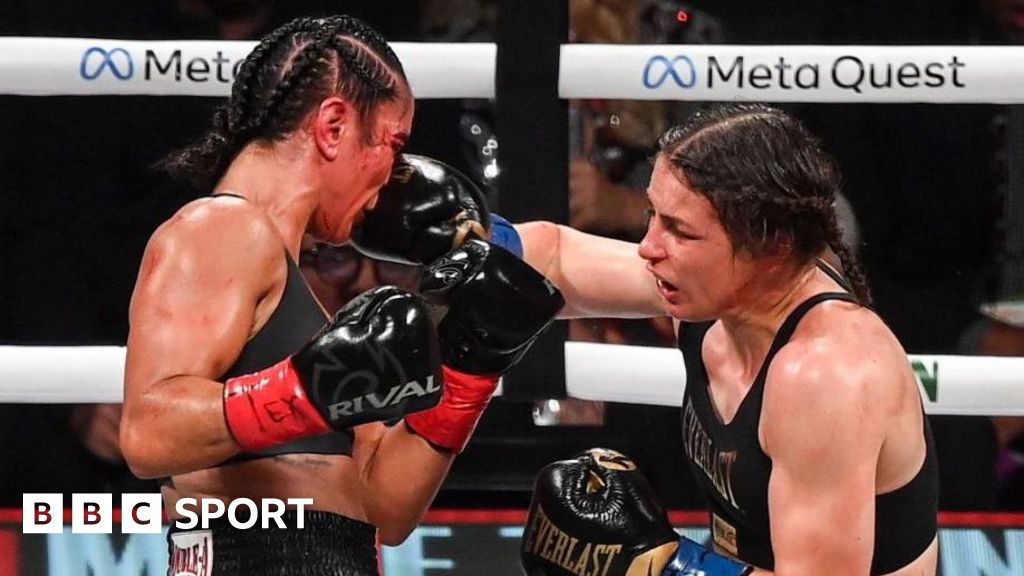In the end, what did we really expect?
Even when taking on Borussia Dortmund’s Yellow Wall you have a few of your own supporting high above.
When watching Serena Williams at Flushing Meadows there were a few Caroline Wozniacki diehards.
But Pakistan, faced with the world’s largest cricket stadium and its 132,000 seats filled with blue, were swept away – India carried to victory against their greatest rivals in a win celebrated long into the night.
This World Cup has rumbled on through its first 10 days but this was the match a nation was waiting for.
Wherever you travelled – airport security, in a taxi, at breakfast in the hotel – there was one question: “India-Pakistan tickets?”
Gridlock hit the streets of Ahmedabad 24 hours before the match began. Ticket holders had resorted to booking overnight hospital check-ups because all hotel beds in the city were taken.
Pakistan’s players were given their own warm hospitality on arrival in India.
Despite these countries continuing to feud like separated parents, Babar Azam and co were cheered into their Hyderabad hotel at the start of the tournament.
Muhammad Rizwan said playing there felt like Rawalpindi. That generous support was lost somewhere on the two-hour flight west.
The political tensions have been a regular issue in the build-up to this fixture – the biggest in the sport, whatever some of us might say about the Ashes encounters between England and Australia.
Visas have been difficult for travelling fans, journalists and BBC commentators alike, meaning two Pakistan fans in the ground were surrounded by selfie-grabbers before play – such sightings rarer in Gujarat than an Asiatic lion.
Money-spinning and ear-splitting maybe, but a World Cup atmosphere this was not. That pair were outnumbered 65,000 to one.
“Look, it didn’t seem like an ICC event tonight, let’s be brutally honest,” Pakistan coach Mickey Arthur said afterwards.
“It seemed like a BCCI [Board of Control for Cricket in India] event. I didn’t hear ‘Dil Dil Pakistan’ too often tonight.
“Yes that does play a role, but I’m not going to use that as an excuse.”
So did Arthur think such a situation is right for a World Cup?
“I can’t comment on that just yet,” he said. “I don’t want to get fined.”
In saying nothing, Arthur said plenty.
Pakistan kept the crowd – some say the largest to attend a cricket match – quiet for a while with their steady accumulation.
There were boos for umpire Marais Erasmus when an lbw decision did not go India’s way, gentle applause for Pakistan captain Babar’s 50, while Virat Kohli’s first entrance to the spotlight was when he pointed to an imaginary watch on his wrist to try to hurry up Rizwan.
But while their meeting in the T20 World Cup last year at the Melbourne Cricket Ground, played in front of a mix of green and blue among the 90,000 in the stands, was an epic celebration of the sport – this was a day India kept for themselves, in a stadium named after their Prime Minister.
It was the most partisan crowd sport has seen.
Playing a loose shot, Babar was bowled by Mohammed Siraj after reaching his half-century – and from there the game swung.
Three wickets in 11 balls, eight in 13.2 overs, and the game was done.
The old saying goes that India fans only enjoy watching their players bat.
Tell that to this crowd, one big enough to fill Lord’s four times over.
As Jasprit Bumrah mesmerised through another spell and resurgent spinner Kuldeep Yadav beat Pakistan bat, Hardik Pandya played the role of conductor to the crowd – arms pumping to ask for more noise when none looked possible.
This was no longer a cricket match, instead a rock concert.
In the noise Pakistan had no answer. Those last eight wickets fell for 36 runs as 155-2 became 191 all out.
When Shubman Gill and Rohit Sharma crashed five boundaries in the first two overs of the chase, it was further evidence of a team frazzled in the cauldron.
Rohit was faced with his nemesis Shaheen Shah Afridi, the left-armer who dismissed him in the Asia Cup last month and the 2021 T20 World Cup, but flicked his first ball to the fence in the statement of all statements.
Rohit, 36, was left out of the India squad for their last World Cup win in 2011.
Here, with a supreme 86 from 63 balls – featuring six sixes and six fours – that put the result beyond any doubt, he played like a man still holding a grudge.
By the end, with the post-mortem already beginning across the border, some India fans were more interested in paper aeroplanes than the cricket, so comfortable were their side.
Such is the way with these matches and their stakes, Rohit’s opposite number Babar was asked what defeat would mean for his future as captain at Friday’s press conference.
Pakistan have six more group games, before a potential semi-final and final, to make up for it, but these are damaging days for those in charge.
For India this will only strengthen home support in a tournament that had previously not fully caught hold.
After three wins from three and with more than a billion behind them, who can stop them?

